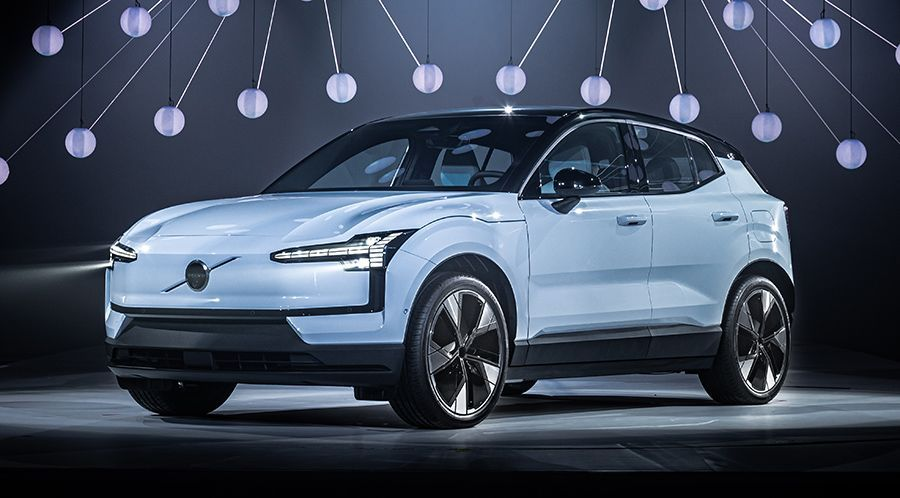Volvo Prepares for Thailand’s 2026 Tax Shift, Prioritizing Customer Value and EV Growth

(Photo credit: autospinn)
Volvo Cars Thailand and Malaysia Managing Director Chris Wells has reaffirmed the brand’s confidence in navigating Thailand’s evolving automotive landscape as the government prepares to implement a new excise tax structure next year. The company is taking proactive steps to minimize the impact on customers while maintaining its commitment to long-term value and sustainability.
Confident in New Model: Volvo ES90 to Capture Thai Sedan Market
Wells expressed optimism about the upcoming Volvo ES90, a luxury electric sedan designed to cater to the preferences of Thai drivers. He noted that the ES90’s distinctive design — featuring a height comparable to that of an SUV — sets it apart in the market, as no other automaker currently offers a similar model in Thailand. This unique positioning, he believes, will make the ES90 a key driver in expanding Volvo’s EV footprint locally.
Stands Firm Against Price Wars
As competition in Thailand’s EV sector intensifies, Wells made clear that Volvo will not participate in price wars. He emphasized that aggressive discounting may harm the long-term health of the automotive industry and negatively affect vehicle resale values. Instead, Volvo will continue focusing on delivering premium value, advanced technology, and customer satisfaction over short-term market share gains.
Preparing for the New Tax Structure
While the new excise tax regulations are expected to influence overall vehicle pricing, Volvo is currently assessing the details to devise strategies that will minimize the burden on customers. Wells assured that the company is closely collaborating with policymakers and industry partners to ensure a smooth transition once the new system takes effect in 2026.
Driving Toward 100% Electric Future
Volvo continues to accelerate its transition toward full electrification. The company aims to achieve 80% battery electric vehicles (BEVs) and 20% plug-in hybrids (PHEVs) in its product portfolio as it moves closer to its global goal of becoming an all-electric brand.
According to Wells, customer behavior is already shifting rapidly: “Many plug-in hybrid users are now ready to make the full transition to battery electric vehicles. We plan to introduce one or two new models next year to support that demand.”
Recycling Plant on Hold, Market Outlook Stable
Volvo has temporarily postponed plans for its battery recycling facility in Thailand due to the country’s current economic slowdown. The company will revisit the project once market conditions improve.
As for the broader Thai automotive market, Wells predicts stability through the end of the year, citing tightened lending conditions and high household debt as persistent challenges. He added that sustainable recovery will depend on the government’s ability to stimulate economic growth — likely in the latter half of next year.
Volvo’s measured, customer-focused strategy reflects its long-term commitment to the Thai market — balancing innovation, sustainability, and financial prudence amid an industry in transformation.
Claim your free car valuation today!
Read More: Sell your car for the highest price in 24 hours
Looking for a car appraisal? You can contact us for a free car valuation within 24 hours…
